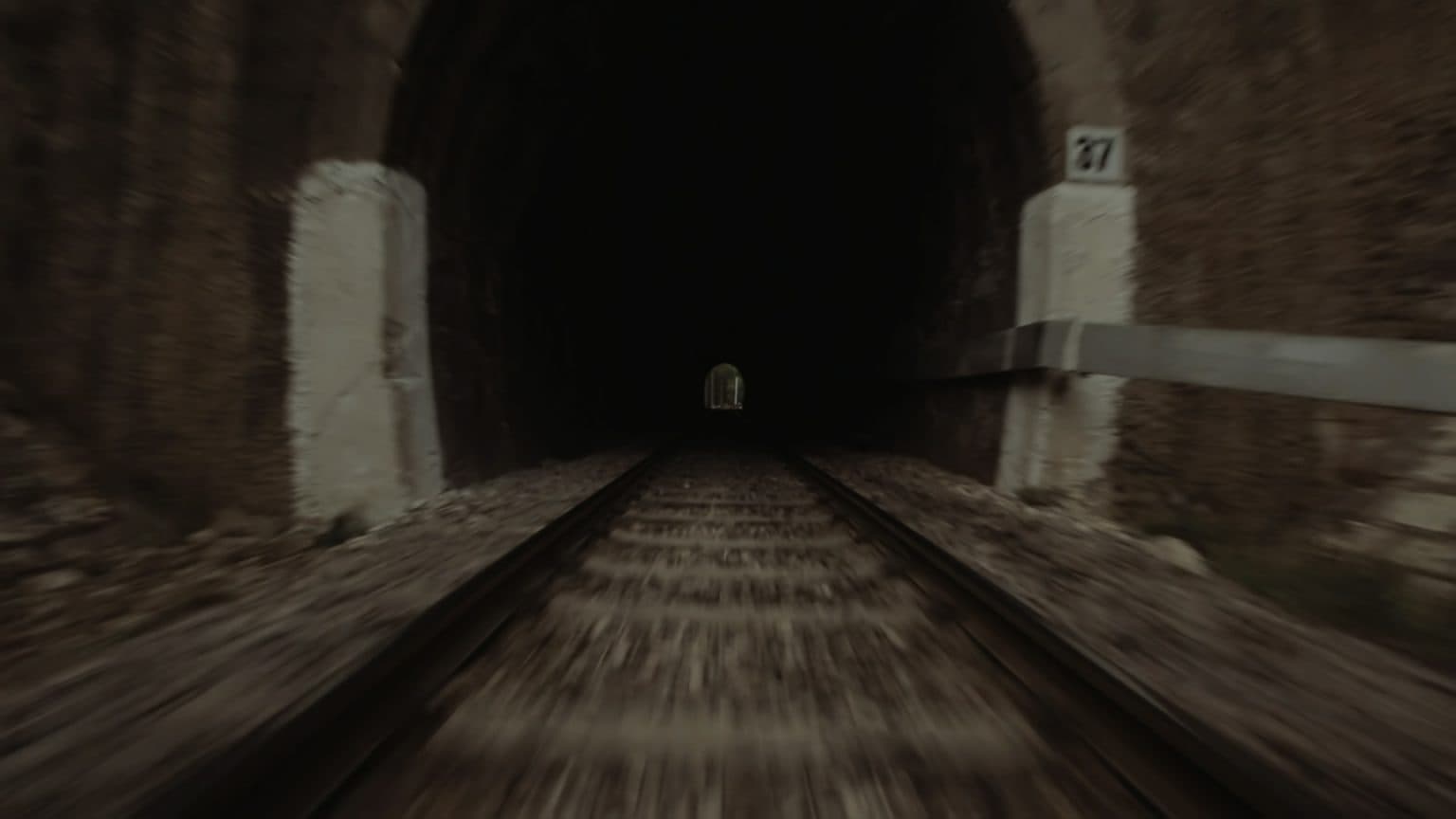Rooftop天台
“Rooftop” ◎ Chu ChunTeng
Throughout the history of China, Yunnan’s Tengchong sits on the rich natural resource from Mt. Gaoligong and has witnessed the Battle of Northern Burma and Western Yunnan; moreover, the city is most known for its production of jadeite and the practice of stone gambling, which refers to betting on the value of raw jadeite stones because it is impossible to determine a jadeite stone’s worth before it is cut open and polished.
Jadeite has always been an important cultural symbol in Chinese culture. However, since China does not have any jadeite mines, the country relies on importing the precious stone from Burma, rendering Tengchong a crucial geographical gateway for jadeite import, export as well as jadeite processing businesses in China and giving birth to the local culture of stone gambling.
In April 2018, I arrived at this border city close to the boundary between China and Burma, and my first impression of it was its innumerous stone processing factories and jadeite products found everywhere in the city. A seemingly ordinary stone can be processed and turned into a precious, valuable piece of jadeite jewelry. The frenzy demonstrated by the locals and tourists towards the raw jadeite stones made me wonder about the significance and meaning of a stone.
One of the most eye-catching event for me in Tengchong was that thousands of people would gather at a certain site to dig jadeite in the city’s historic town. In the past few years, urban renewal plans have been carried out in the historic town of the city; and whenever an old building was torn down, thousands of people would come afterwards and hope to find some of the leftover jadeite thrown away and buried at the site since the Ming and Qing dynasties. The incessant hammering created countless deep holes on the ground, in which hundreds of people would still be digging inside. It was a surreal scene reminiscent of an archaeological site. I could not help but wondering what motivated these people to dig as if all their future hopes relied on this never-ending action.
The organizer of this artist residency is the largest real estate developer in Yunnan, and the residency venue locates in its latest development project covering the land of sixty four thousand hectares. Upon arrival at the venue, my entire body was conquered by the comfortable atmosphere that this neighborhood of villas was immersed in.
Nevertheless, as my stay unfolded, a sense of unrealness and detachment grew stronger and stronger. It was until one day that I encountered the cleaning lady whose job was to clean the display house that this feeling vanished. The cleaning lady’s job was to keep everything immaculate, and therefore, no one knew the display in the house better than her. However, she was not allowed to sit or leave any traces of her existence in the house. This encounter immediately pulled me back into reality. I had been living in a dream-like world constructed and maintained by others. Each day of her life started with routine cleaning of every corner of the house, but in a way, she was simply a passenger trapped inside of the model home.
My three-week stay in Tengchong put me through a journey of traversing through a parallel universe charged with desires. Whenever I was amazed by the locals’ heartwarming friendliness and the scenic nature, I was also torn by the unignorable conflicts and contradictions between reality and future, which pushed me into a vortex similar to the life of the jadeite miners who have been stuck in a cycle of digging, waiting and digging again.
「 天台」 ◎朱駿騰
雲南騰衝,在中國除了有高黎貢山豐沛的自然資源與中緬會戰的歷史背景外,其最為外人所知的便是翡翠與賭石──而翡翠原石最弔詭的地方就在於:在真正被打磨切開前,光憑外表永遠猜不透裡面玉石的價值。
此外,雖然翡翠是中國文化上的一個重要象徵,但中國本身沒有產出只能仰賴緬甸進口,在這樣地理條件下,騰衝自古成爲中國翡翠進出口與加工的重要門戶,當地自古盛行的賭石文化也因應而生。
2018 年四月,我來到這中國與緬甸交接的邊境小城,遍地的玉石加工場與翡翠成為他認識騰衝的起點:一塊塊看似普通的石頭被加工成昂貴的翡翠首飾,當地與外地遊客面對這些翡翠原石所展露出的狂熱,我開始思考一塊石頭的重量與意義。
老城區萬人挖玉現場是來到騰衝最吸引我注意的事件。這些年騰衝的老城區開始了都市更新計畫,每當一棟棟老建築倒下時,總會吸引成千上萬人前來,想要重新挖出明清以來加工後被隨意丟棄在地基的翡翠邊角料。此起彼落的敲擊聲,地上一個個深不見底的洞穴,上千人埋頭挖掘,彷彿一種超現實感的考古場面,他們為什麼而挖?像是所有的希望都寄託在這個挖掘的動作上。
彼時駐村主辦方正是雲南當地最大的開發商,而駐地就位在高黎貢山腳下佔地 64 萬頃的新開發建案之中。從第一天抵達,我的身體感就完全被別墅社區所營造出的舒適氛圍所征服。然而隨著居住的時間越長,不真實與疏離的感覺越來越強烈,直到一天早上,我看見每天都例行打掃樣品屋的阿姨:她的工作就是讓一切維持一塵不染,沒有人比她更熟悉屋裡的陳設;但她不被允許坐下,也不能在屋裡留下任何個人痕跡。朱駿騰開始有了真實感。這是一個被眾人建構與維持出來的夢。她的每一天在各角落的例行打掃中展開,卻像是被困在屋裡的過客。
在駐地騰衝的三個禮拜,每天的我在這些平行世界與慾望中穿梭,每每驚艷於當地人溫暖純樸與自然風光的同時,卻也無法忽視現實與未來之間劇烈的衝突與矛盾。像是那些挖玉人般不斷挖掘──等待──再挖掘,反覆循環,卻也越陷越深。
videotage programme history /
All copyright reserved by the artist. 作品版權歸藝術家所有。
For enquires, please contact vmac@videotage.org.hk
